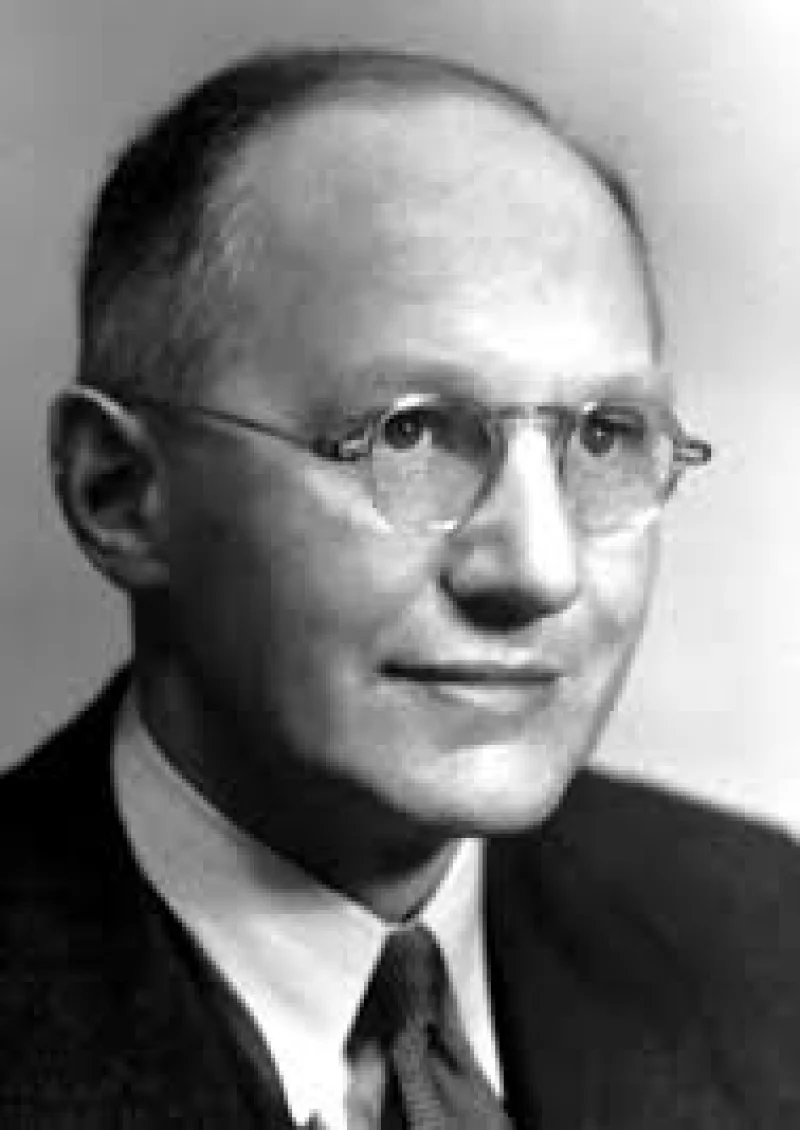Short Summary
Claudius Ptolemy was a Greco-Roman mathematician, astronomer, geographer, and astrologer. He is best known for his work in astronomy, where he developed the Ptolemaic system, a geocentric model of the universe that remained widely accepted for over a millennium. His contributions also include significant works in geography and optics, making him one of the most influential figures in the history of science and mathematics. Ptolemy's works were pivotal in shaping medieval and Renaissance astronomical and geographical thought.
Early Life & Education
Little is known about Ptolemy's early life, but it is believed that he was born around 100 AD in the region of Egypt under Roman control. Although the details of his family background are scarce, it is assumed that he came from a Greco-Roman family. Ptolemy likely received a comprehensive education in Alexandria, a prominent center of learning in the ancient world, where he would have been exposed to Greek and Roman scholarly traditions. His education would have included studies in mathematics, astronomy, geography, and philosophy, laying the groundwork for his later contributions.
Career Highlights
Ptolemy's career was marked by his work at the great library of Alexandria, where he conducted extensive research and writing. His most notable work, the "Almagest," compiled astronomical knowledge and presented the Ptolemaic system, which placed Earth at the center of the universe. In geography, he authored "Geographia," a treatise that provided an extensive compilation of the geographical knowledge of the Roman Empire. Ptolemy also made contributions to the field of optics, studying the properties of light and vision. His works synthesized and expanded upon the knowledge of earlier scholars, establishing him as a central figure in classical science.
Major Achievements
- Developed the Ptolemaic system, a geocentric model of the universe that dominated astronomical thought for over a thousand years.
- Authored the "Almagest," an influential astronomical text that compiled and expanded ancient Greek knowledge.
- Wrote "Geographia," which provided a detailed map and coordinate system of the known world at that time.
- Contributed to the field of optics, studying the behavior of light and visual perception.
- Influenced medieval and Renaissance science through his comprehensive syntheses of ancient knowledge.
Famous Quotes
- "I know that I am mortal by nature and ephemeral, but when I trace at my pleasure the windings to and fro of the heavenly bodies, I no longer touch Earth with my feet."
Interesting Facts
- Ptolemy's works were largely influenced by earlier Greek scholars like Hipparchus.
- He is often mistakenly thought to be a member of the Ptolemaic dynasty of Egypt, but there is no evidence supporting this.
- The Ptolemaic system was eventually replaced by the heliocentric model proposed by Copernicus.
- Ptolemy's geographical maps were used extensively during the Age of Exploration.
- He also wrote on music theory, showcasing his diverse scholarly interests.
Legacy / Influence
Ptolemy's impact on the fields of astronomy and geography was profound, with his works serving as key references well into the Renaissance. His geocentric model of the universe was a cornerstone of medieval astronomy, influencing both Islamic and European scientists. Even after the adoption of the heliocentric model, his methods and systematic approach to observation and cataloging remained influential, establishing a foundation for future scientific developments.
FAQ
Q: Why is this person famous?
A: Because of his contributions to astronomy and geography, particularly the Ptolemaic system and his work "Geographia."
Q: What is the Ptolemaic system?
A: It is a geocentric model of the universe that posits Earth at the center, with celestial bodies orbiting in complex paths around it.
Q: What were Ptolemy's contributions to geography?
A: He compiled geographical knowledge of the Roman Empire in his work "Geographia," which included maps and a coordinate system.










